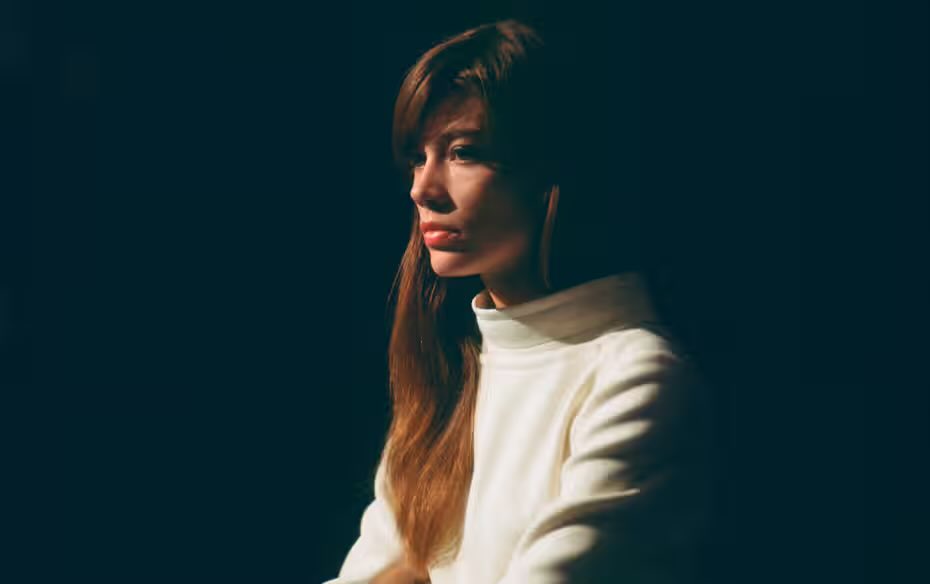
12 June 2024 — Françoise Hardy, gone at 80 💙. Another icon of my youth has fallen. When I was at school in Paris her music simply pulsated through my life.
As rock and pop critic Alexis Petridis noted in his column this morning, Hardy shot to fame singing airy, carefree pop before she took control of her career, hung out with 60s rock aristocracy and became a sophisticated singer-songwriter of rare sensuality and melancholy.
She was a “yé-yé” girl. In the mid-sixties, the French charts were awash with hits from female singers who collectively became known as the yé-yé girls.
Yé-yé was France’s homegrown response to rock’n’roll: pretty young singers – almost all female – performing a lightweight Francophone adaptation of American music with lyrics about teenage concerns. The “yé yé” of their name comes from the English-language rock music of the day that influenced their sound (“yeah yeah”). But they were distinct among European performers in commiting to their own language. I remember them all: Sylive Vartan, France Gall (she won the 1965 Eurovision Song contest), Jacqueline Taïeb. Even Gillian Hills who was actually English but spent her childhood in the south of France and became a bit of a film star.
But the 18-year-old Françoise Hardy became the epitome of a yé-yé girl. She was strikingly beautiful (“I was passionately in love with her,” recalled David Bowie decades later, “every male in the world, and a number of females, also were”); she was never off the airwaves of France’s premier yé-yé radio show, “Salut les Copains”, and never out of the pages of its accompanying magazine.
Hardy’s songs were invariably melancholy, which perhaps had something to do with her unhappy childhood. Her largely absent father was closeted, and eventually died, Hardy believed, after being assaulted by a rent boy. Her sister suffered with mental illness and killed herself in 2004.
But she was a different yé-yé girl. She wrote and arranged all of her songs. As Petridis noted, her mid-to-late 1960s albums (for some reason, they’re almost all titled “Françoise Hardy”) are fabulous, sophisticated pop confections that shift between beautifully orchestrated ballads and experiments with jangly 12-string folk rock, harpsichord-bedecked baroque pop and, occasionally, fuzzed-out guitar.
No matter how lightweight the arrangements sounded, her voice brought a certain chilly tristesse to her releases.
After awhile she wrested control of her own sessions (unheard of at the time), moving operations to London’s famous Marble Arch studio and surrounding herself with London’s hottest session musicians, future Led Zeppelin guitarist Jimmy Page among them.
Her success continued into the 70s, 80s, 90s, and 20s.
Many of these albums are not terribly well known outside of France but they made her a revered figure. And she clearly had her admirers outside the French-speaking world.
She remained a defiantly uncategorisable figure until the end. Her final album before ill health forced her retirement from music in 2018 (she was battling lymphatic cancer) found her writing French lyrics to music by Finnish indie band Poets of the Fall and confronting mortality head-on. You could just about imagine her singing the melody of one of its tracks, “Train Special”, as a yé-yé song in a different era, but its lyrics dealt with impending death. As she said at the time of the song’s release:
“What a person sings is an expression of what they are. Luckily for me, the most beautiful songs are not happy songs. The songs we remember are the sad, romantic songs”.
But to me, an impressionable young man in Paris, her first hit was the one that has always stuck with me – “Tous les garçons et les filles”. The suitably innocent-sounding, wispy take on a rock ‘n’ roll ballad. And among my friends (well, those my age) it is the one we all remember: